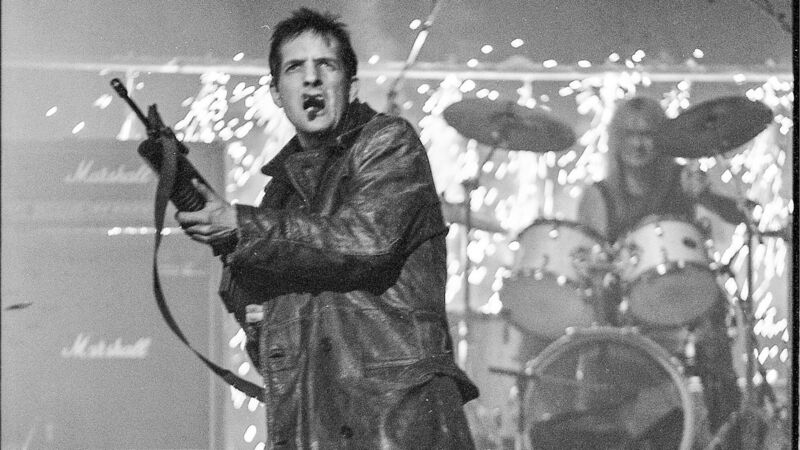Tom Dunne: Bill Drummond, KLF and the decision to set fire to a million quid

Bill Drummond and The KLF perform at the BRIT Awards in 1992. (Photo by JMEnternational/Getty Images)
“Genius is madness on a good day,” says a character in the Sky TV drama Iris. But you can run out of good days, he cautions.
It reminded me immediately of the music business. We dine out on the good days, but the dark ones are never far away.




